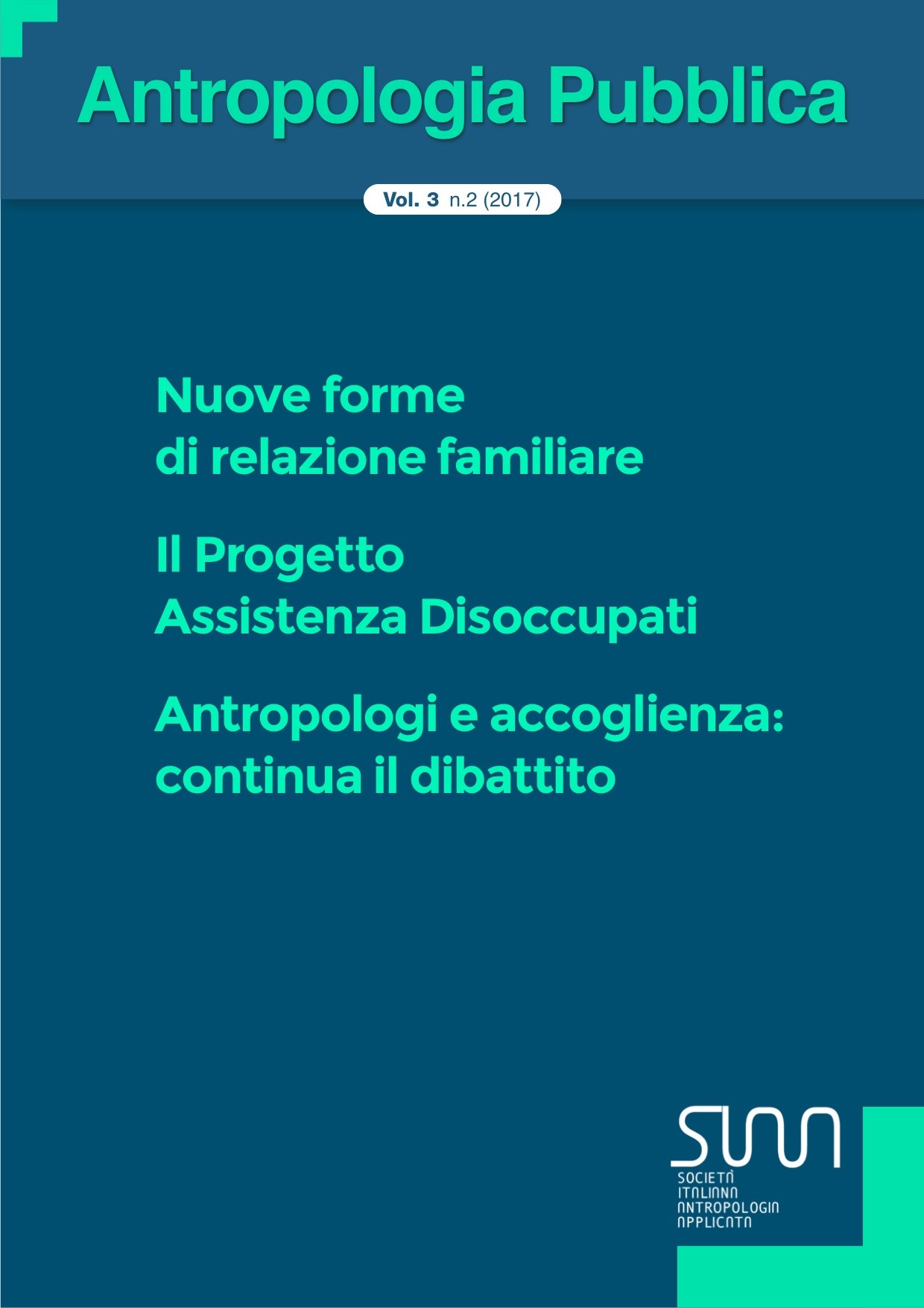Figli che crescono i genitori. Uno sguardo antropologico dalla prospettiva del “minore”
DOI:
https://doi.org/10.1473/anpub.v3i2.116Abstract
The representation according to which there is no family without a child is collectively shared and rooted in Italian society such as in many Western countries: it has intensely fed a today widespread social phenomenon that goes under the name of “adoption”, even transnational. In this framework, the child, as a subject/object of the desire of “doing family”, is at the core of attention and concern of international conventions, legal rules and local professional practices called to supervise the inalienable right and the protection of his “best interest”. By using the lens of contemporary adoptive kinning in Italy, my contribution discusses how a specific idea of childhood, historically and culturally determined, and its representation of the child as a minor, opened the way to the legal-professional institution of the child as abandoned and/or adoptable. I illustrate how, through this paradoxical exercise of power, which is markedly adult-centered, the child's subjective agency, her self-determination capacity and her “generative” abilities in the negotiating process of creating specific relational family choreographies are blurred. Finally, I will describe how adopted children reconfigure in an original way the parents’ subjectivity and the new family ties by making dialogue what is take for granted and what is being created as new.



